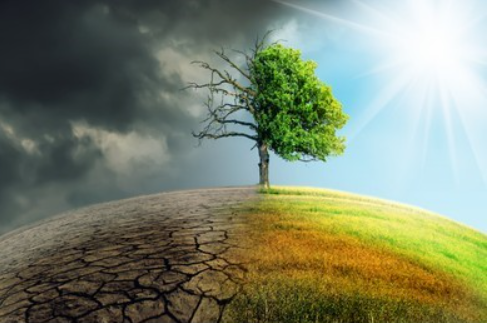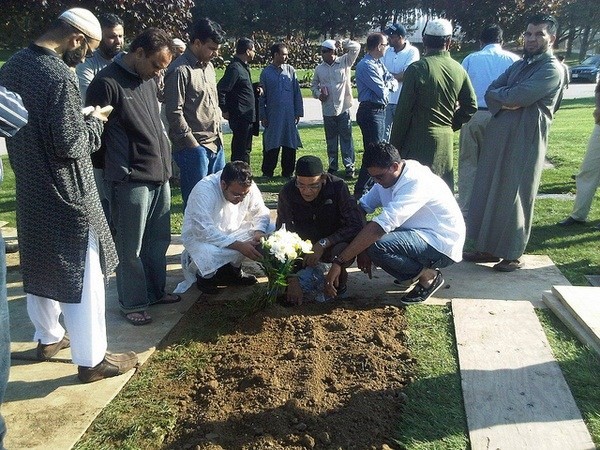Global Environmental Challenges
resources support billions of people's livelihoods. Renewable natural resources, watersheds, productive landscapes, and seascapes, when adequately managed, offer the foundation for long-term inclusive growth, food security, poverty reduction, and human well-being. A clean environment is also necessary to guarantee that people may live healthy and productive lives, and that public and private resources can be spent in promoting development rather than cleaning up after pollution. The world's ecosystems govern the air, water, and soil on which we all rely, and they provide a unique and cost-effective buffer against extreme weather and climate change. Globally, greater natural resource management, environmentally friendly fiscal policies, greener financial markets, and comprehensive waste management programmes are required to ensure sustainable growth.
The loss of biodiversity and ecosystem services is a development concern that disproportionately affects the poorest countries. Healthy ecosystems and the services they provide are critical for long-term economic growth in industries such as agriculture, forestry, and fisheries. More than half of global GDP is created by sectors that rely heavily or somewhat on ecosystem services including pollination, water filtration, and raw materials. Over 3 billion people rely on marine and coastal biodiversity for protein and a living. Animal pollination is required for three-quarters of the world's top 115 food crops.
The COVID-19 pandemic underscores the links between human health and nature, as about 70 percent of emerging infectious diseases are from zoonotic origin. Pathogens thrive where there are changes in the environment, like deforestation, and natural ecosystems are under stress from human activity and climate change. While nature can act as a buffer between humans and pathogens, it can also help in economic and social development. Investing in nature can contribute to economic recovery by creating jobs, targeting the poorest communities, and building long-term resilience. Healthy ecosystems support climate change mitigation and increase the resilience of the most vulnerable communities around the world. To build back greener and stronger and to ensure sustainable growth, countries must recognize, measure and manage natural capital and ecosystem services. Recent World Bank research makes an economic case for investing in nature and assesses policy options to the global biodiversity crisis










